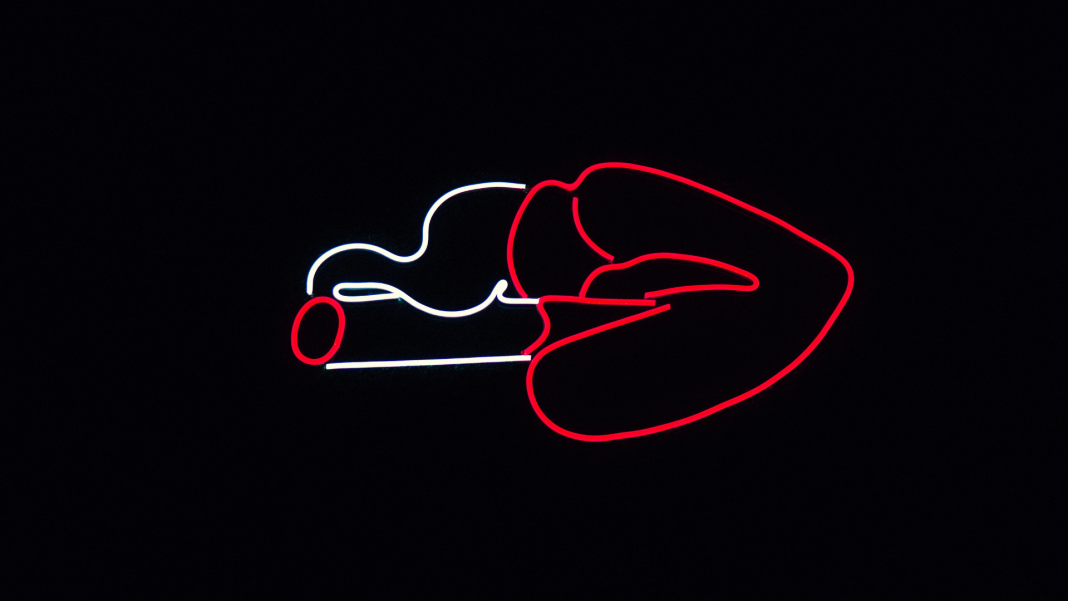Tobacco brought Luxembourg €1.2B in 2024, set to hit €2B by 2028—yet just 5% is consumed locally. This cross-border “parallel market” may soon face EU scrutiny.
In 2024, around 4.9 billion cigarettes were sold in Luxembourg, according to the country’s Customs and Excise Administration. These sales brought in €1.2 billion for the state over the year—a considerable sum, given that the total state revenue amounted to €25.2 billion in 2024.
And this windfall shows no signs of drying up: it increased by €172.6 million compared to 2023 (+16.8%). Experts at the Customs and Excise Administration project a steady rise in cigarette and smoking tobacco sales over the coming years, with revenue expected to hit €1.6 billion in 2025 and even €1.9 billion by 2028.
However, less than 5% of tobacco sold in Luxembourg is smoked there. Most buyers come from neighbouring countries, attracted by lower prices—€8 per pack of 25 cigarettes in Luxembourg compared to €10 in the Netherlands and €13 in France.
The effect is particularly noticeable in border regions. Thanks to France’s policy of increasing tobacco prices, the volume of tobacco sold by tobacconists in France dropped by 26% between 2017 and 2022, according to a study on “tobacco supply among smokers in France” published in March 2024 by the French Monitoring Centre for Drugs and Drug Addiction (OFDT).
The Moselle “département” recorded the steepest drop: 46.2% fewer tobacco purchases over the same period. Yet this decline is misleading. The study says it reflects a shift in purchasing habits towards a “parallel market”—namely, to a country where tobacco is cheaper: Luxembourg.
This phenomenon is supported by other studies, including a 2021 Public Health France barometer. It found that 15% of smokers surveyed said their last tobacco purchase was made in a neighbouring country. That proportion jumps to 54.6% in the Grand Est region and even to 64.9% in the “départements” bordering Luxembourg.
Raising tobacco prices is widely recognised as the most effective tool for combating smoking. According to the World Health Organization (WHO), a tax hike that increases prices by 10% reduces consumption by around 4% in high-income countries.
However effective it may be, this kind of public health policy has a limit: countries engaging in tax competition ultimately undermine health policy goals. “The price differences inherent in the European context, with heterogeneous taxation, encourage […] cross-border purchases, while probably hindering reductions in user numbers,” the OFDT notes.
Sixteen EU countries—including France, Belgium and Germany (but not Luxembourg)—issued a statement to the European Commission at the beginning of 2025, calling for an overhaul of EU tobacco regulation to modernise taxation in this area.
Market fragmentation
“Due to shortcomings in the EU legislation, Member States have taken appropriate action at the national level,” the statement explains. “This has led to fragmentation, an uneven playing field and, ultimately, to the distortion of our internal market.”
The existing EU regulation dates back to 2011 and is now considered obsolete—partly due to the emergence of many new tobacco-related products not covered by the directive, and also because most Member States now have tobacco tax rates well above the former recommendations, rendering them largely ineffective.
Tax harmonisation & supply quotas
Several options are on the table. One, of course, is tax harmonisation across all 27 Member States. “Aligning tobacco product taxation within the EU would reduce price disparities and cut down on cross-border purchasing,” asserts a White Paper on Tobacco published in March 2024 by a working group in the European Parliament. However, this solution is seen as difficult to implement, as taxation falls outside the EU’s direct competence.
Another proposed solution is to impose tobacco supply quotas within the EU, as outlined by the WHO Protocol to Eliminate Illicit Trade in Tobacco Products. This would allow Member States to set national supply quotas based on domestic consumption. One tactic used by tobacco manufacturers to circumvent high taxes is to oversupply vendors in low-tax countries. For example, Luxembourg is estimated to receive three billion cigarettes annually for a domestic consumption of just 600 million.
Delayed modernisation
But will such an overhaul of EU regulation actually happen? A modernisation has been called for over many years, but has consistently been delayed. While it was expected to be included in the European Commission’s 2025 work programme, it has ultimately been left out. Many blame the intense lobbying efforts of the tobacco industry in Brussels. Others worry about the sharp rightward shift of the new European Parliament, which could—if reform does happen—lead to even more industry-friendly rules.
“I still firmly hope for reform in 2026—we’ve now been waiting 14 years,” says Luxembourg MEP Tilly Metz (Greens/EFA-déi Gréng), who sits on the European Parliament’s health committee. “It’s clear that this is planned for this legislative term. An update is absolutely necessary.”
Meanwhile, in Luxembourg
Luxembourg, for its part, does not appear willing to compromise such a lucrative source of revenue. The government has only approved a very modest increase in the price of the cheapest pack of 20 cigarettes—from €5.20 today to €5.50 in 2025—explaining that this is partly a public health measure to deter young people, but also a way to generate income.
“Luxembourg can’t just cherry-pick the positives when they serve national interests”
“I certainly can’t celebrate these nearly €2 billion in revenue projected for 2028,” laments Tilly Metz. “I’m more ashamed than anything. Luxembourg can’t just cherry-pick the positives when they serve national interests. We need a real European public health policy.”
This article was published in the 6th edition of Forbes Luxembourg.
Read more articles:
Zidoun-Bossuyt Gallery Makes Art Shine

